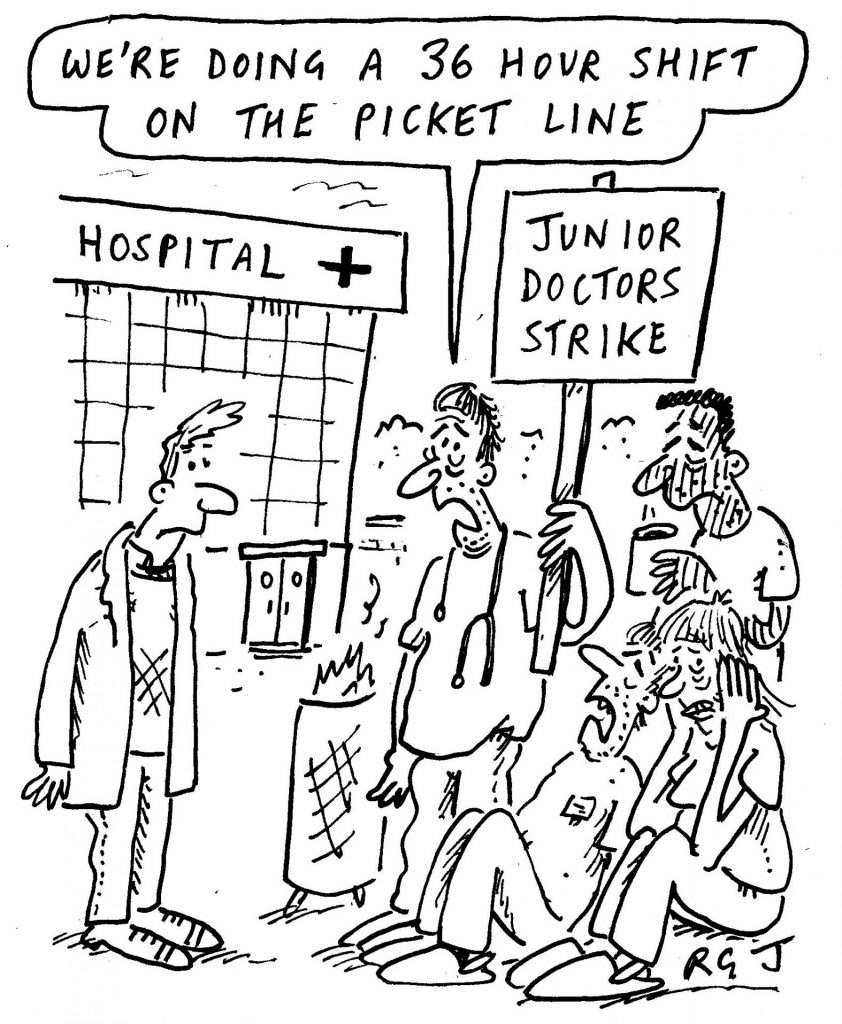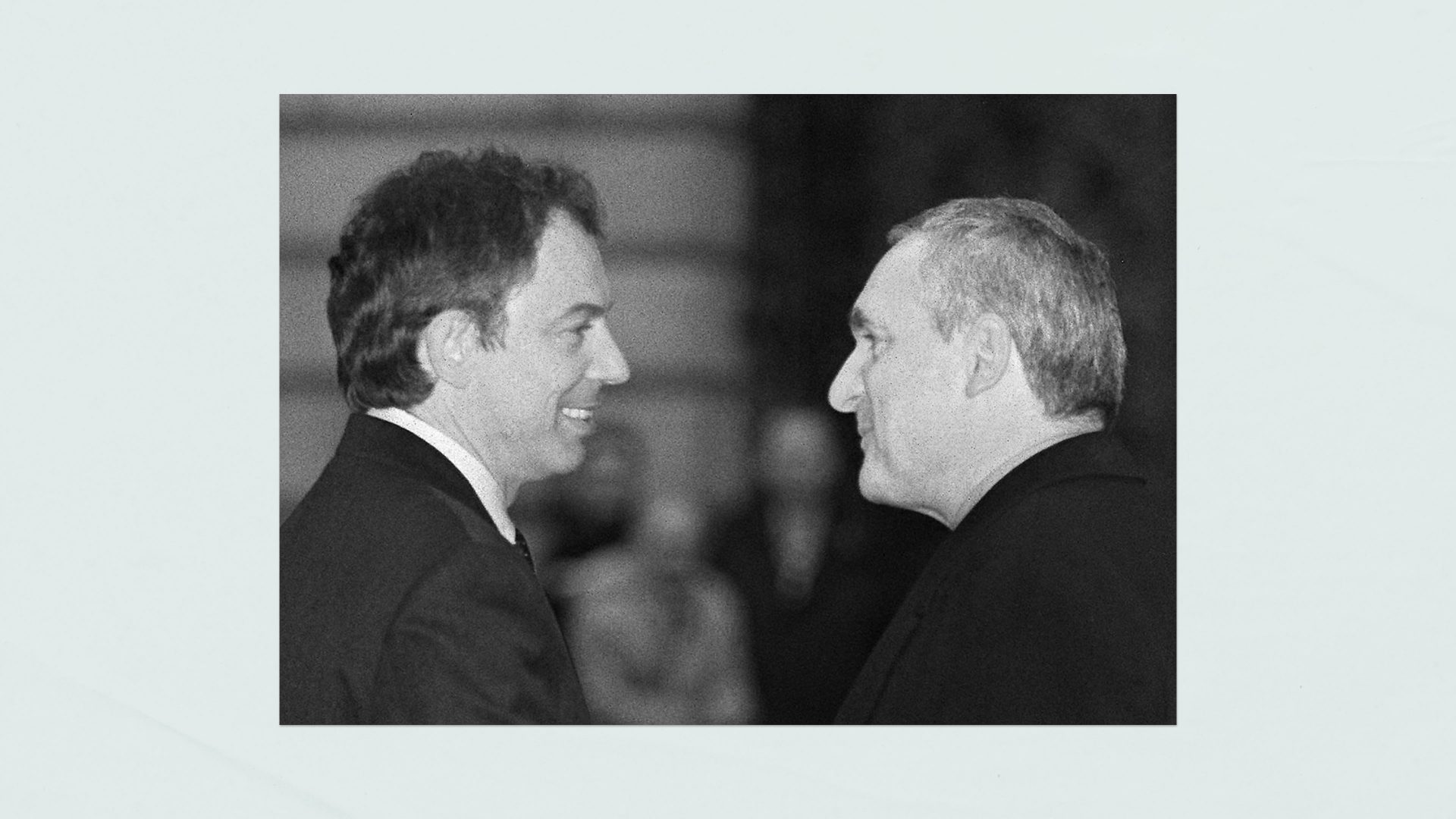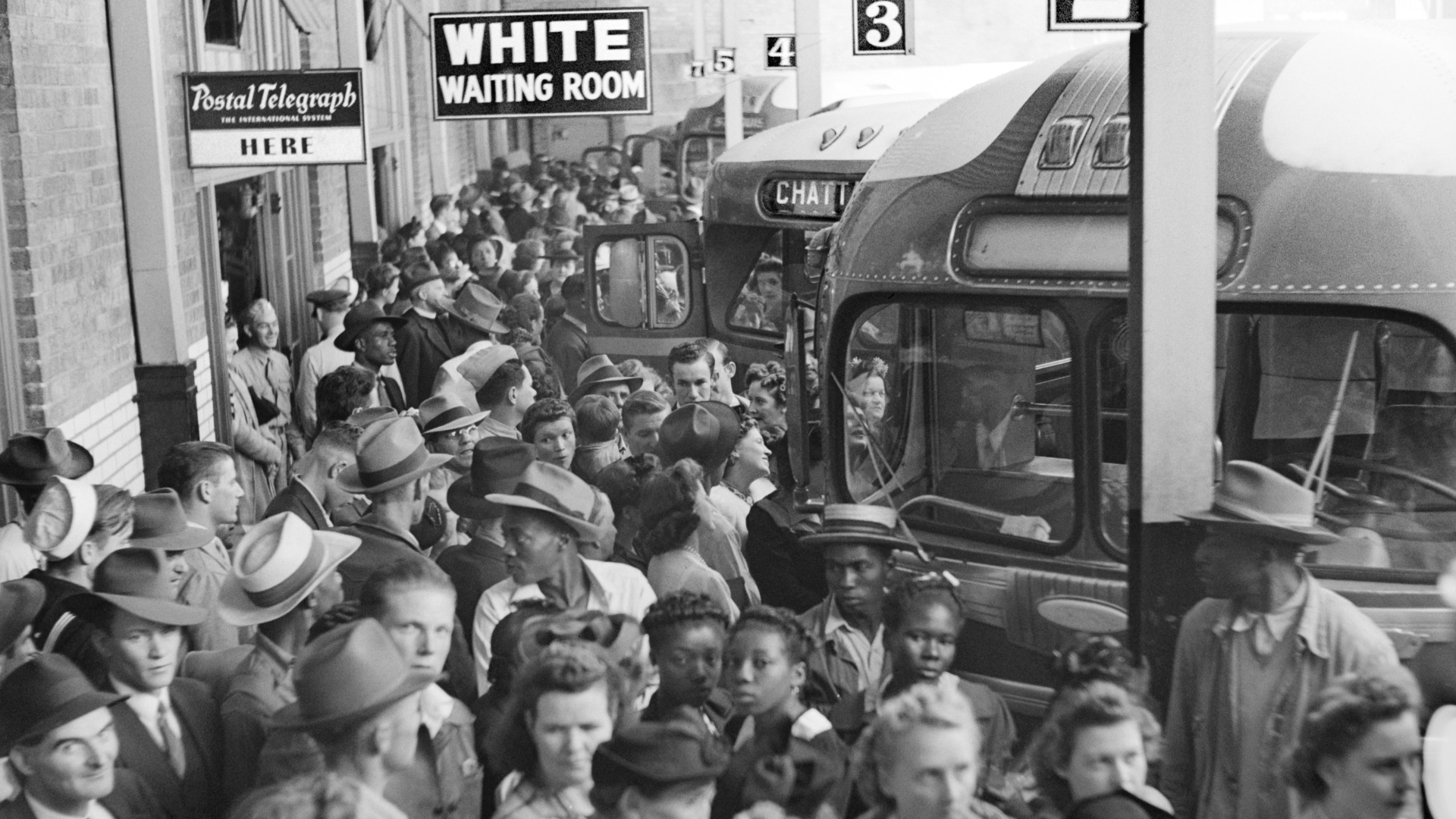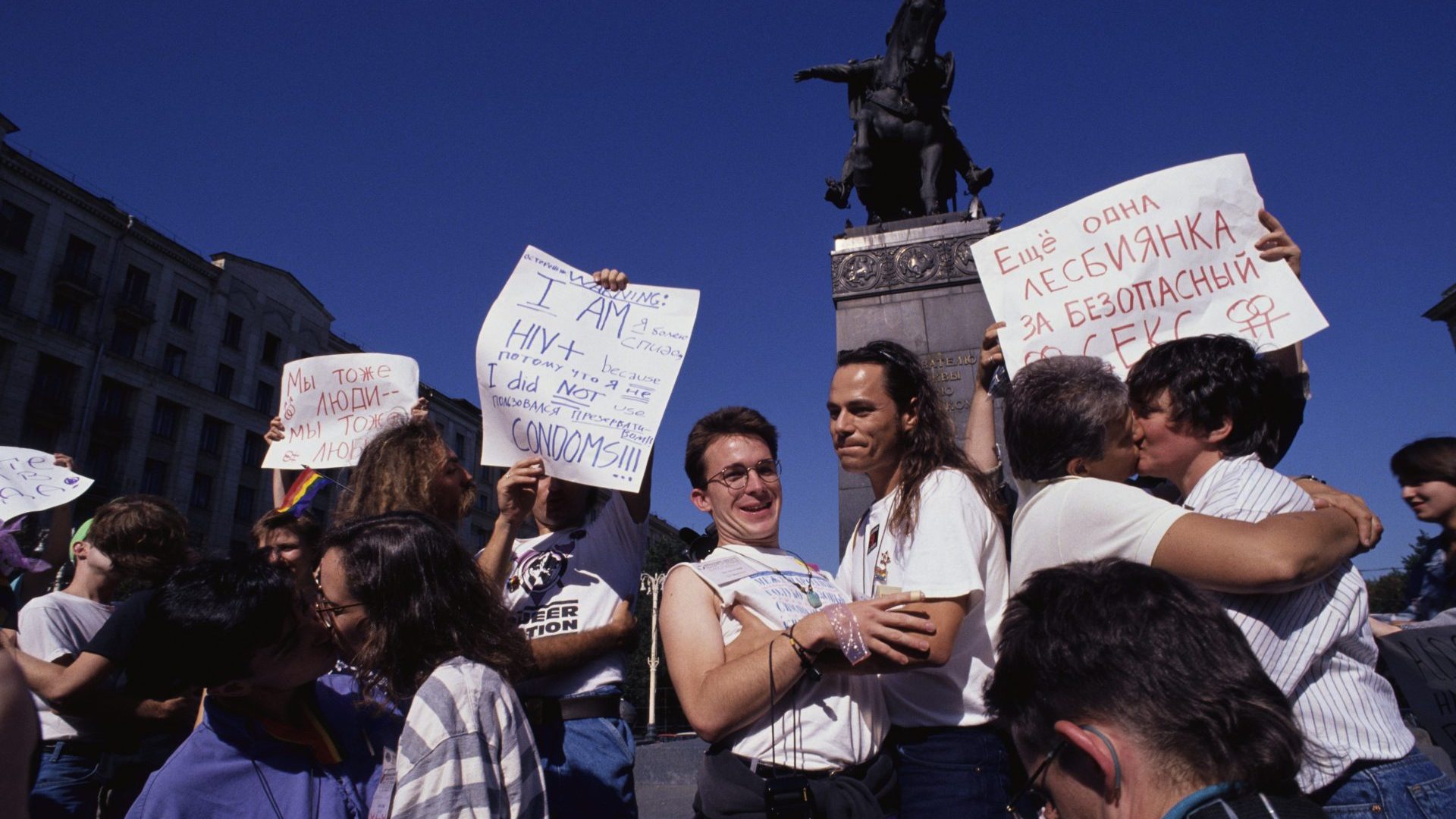Greetings from Belfast where, not for the first time in my life, there have been lots of early mornings and late nights, meetings and events rolling into one. This time though, the mood has felt much lighter than a quarter of a century ago, or during the many tense and difficult trips before and since the Good Friday Agreement, whose anniversary has been the source of celebration here all week.
The GFA came relatively early during the 13 years that New Labour was in power, and for all the current difficulties, especially the continuing suspension of the main political institutions it restored, the agreement has been the foundation upon which a generation has grown up largely free of the violence and hatreds that scarred the lives of their parents and grandparents.
As has rightly been recognised, American support was vital, not least through the talks chairman, senator George Mitchell, and president Bill Clinton, both honoured in Belfast this week. Vital, too, the enormous courage and leadership of Nobel peace prize winners John Hume and David Trimble, sadly no longer with us; the boldness of the former paramilitaries who opted for democracy over violence, and persuaded others to go with them; and the steady pressure from the many grassroots groups that made sure the voices of the peaceful majority were heard. Mo Mowlam’s unique character and contribution were recognised at a special dinner, where the comedian Patrick Kielty, whose father was assassinated in the Troubles, made an unforgettable speech about how life in Northern Ireland has changed for the better. It’s not often you see standing ovations for after-dinner speeches, with former presidents and prime ministers among those on their feet.
But the role of the UK and Irish prime ministers at the time, Tony Blair and Bertie Ahern, simply cannot be overstated. Ahern’s role was all the more heroic for the fact that his mother died while the talks were at their most tense, and yet he was somehow able to flit between Belfast and Dublin to attend to her death, and the funeral, while remaining essential to the progress being made.
Both men have taken reputational hits for different reasons since. To my mind, having been alongside TB through those many days and nights, the countless trips back and forth, and seen the leadership, work rate, commitment, inventiveness, political and negotiating skills that got the deal done, the agreement alone puts him into the top league of UK prime ministers.

The Good Friday Agreement is not the only advance of the New Labour era likely to be remembered on key anniversaries from time to time. Bank of England independence; the minimum wage; the creation of the Scottish and Welsh parliaments. Other changes doubtless might have been given the anniversary treatment had the Tories not come along and undone them – Sure Start, for example, educational maintenance allowances, the new Department for International Development, alongside the commitment to spend 0.7% of GDP on aid and development.
Might I suggest a theme that today’s Labour Party make a part of its election campaign? Compare and contrast: what was achieved during 13 years of Labour government under the two Labour prime ministers of that time? And what has been achieved during 13 years of Tory government with their five PMs?
Ask yourselves this too: what historic change has the Tory government made that will be remembered 25 years on? For sure, Brexit, the single most significant change of their time in office. The way it is going, we will be hard-pressed to find anyone who admitted voting for it, come June 23 2041. Anything else? I’m struggling. Brexit, that’s it. And history will not be kind.
To those who yell “what about Iraq?” to any and all of the above, nobody can say the recent 20th anniversary went without comment and analysis, and if you want to hear my own contribution, check out my two hours of discussion with Rory Stewart a few weeks ago on The Rest Is Politics.
Check out too the episode we recorded as part of the GFA programme at Queen’s University Belfast on Monday, and the interviews, including with the university’s chancellor, one Hillary Rodham Clinton. Coming soon.
When I heard a commentator on Sky News say that No 10 would be relieved Joe Biden was spending less than a day in Northern Ireland because there was “always a risk he would put his foot in it,” and then saw on social media some of the drivel being pumped out by GBeebies and TalkTwaddleTV, I decided to follow his trip to the Republic on the Irish broadcaster, RTÉ. They were loving it, and rightly so.
As regular readers know, I have long argued that Brexit was both a symptom and even more so a cause of UK decline, and I regret to say that was fully on display in the contrast between the two legs of Biden’s trip.
Pictures matter on these occasions, and I have rarely witnessed anything quite as shambolic as Biden’s arrival in Belfast, with Rishi Sunak hidden behind “The Beast” car in which presidents ride around; then the cringey photocall in what looked like a Costa cafe, Sunak silently sipping his tea, with not a flag in sight (weird, given the Tories rarely go anywhere without the union flag in the background.)
Sunak did not bother to attend Biden’s speech at Ulster University. His pooled clip after their bi-latte meeting was lame in the extreme; ditto the photos released by the No 10 photographer. Then Biden was off to the Republic where the mood was positive, bordering on electric, the pictures outstanding, and Biden seemed to grow in energy, saving his best speech for last, a late-night open-air address to thousands in the cold of County Mayo.
Of course, the story of his family heritage was an important element. But there are other inescapable truths at play here. The first is that, whether we like it or not, the UK is not as important, or as powerful, as it once was. The “special relationship” risks becoming an irrelevant cliche or a historical relic, unless we really, really work at it.
The second truth is that Biden, who was first elected to the Senate more than half a century ago when Ted Heath was UK PM, and Richard Nixon US president, has more experience of dealing with other leaders than perhaps any politician on earth. He is already on to his third UK PM since becoming president.
He saw through Boris Johnson the moment he met him; he was publicly as well as privately scathing of Liz Truss and her bizarre economic experiment; Rishi Sunak fares better only by comparison.
But for all the ballyhoo surrounding Sunak’s Windsor Framework, Biden did his bit by making supportive noises, and giving considerable time to the Northern Ireland parties in Washington, but all the promises that the government would revive the institutions ultimately came to nothing. And both during the visit, and during this week of looking back, Sunak has shown very little sign of having a plan, or indeed even the energy and commitment, to get the Stormont show back on the road.
Ireland, by contrast, looked confident, vibrant, energetic and at ease with itself. And another inescapable truth is that their membership of the European Union, despite their geographical isolation post-Brexit, is a big part of that. Far easier for the Brextremists who are largely responsible for our malaise to indulge in anti-Irish tropes, or claim that Biden “hates Britain”, than confront that hard-to-face reality.




